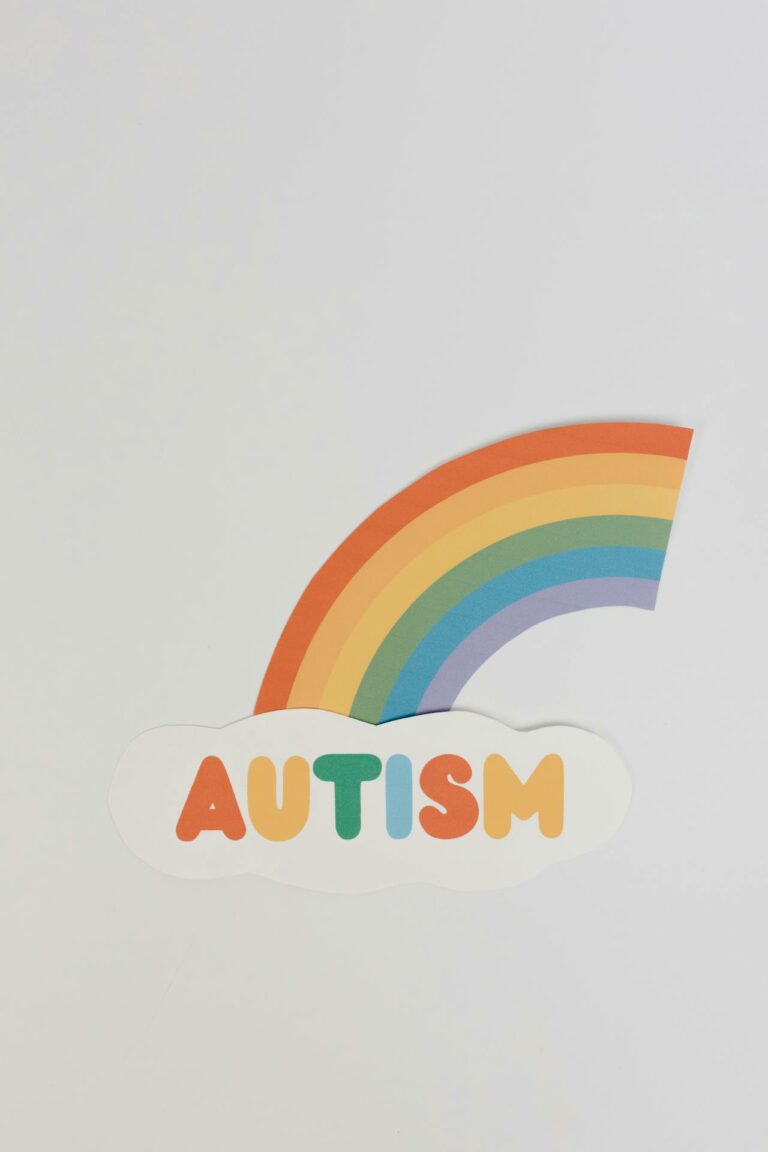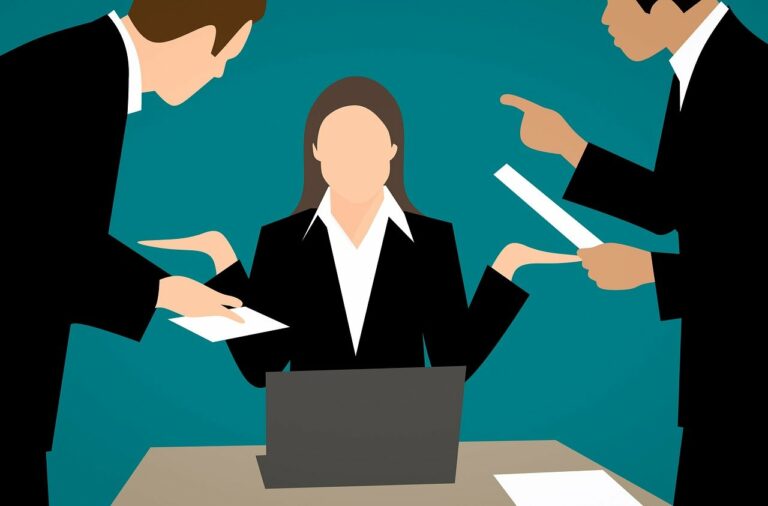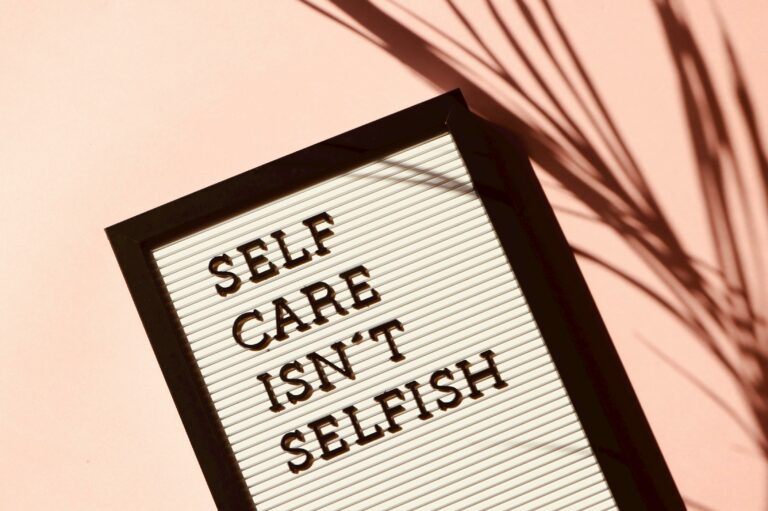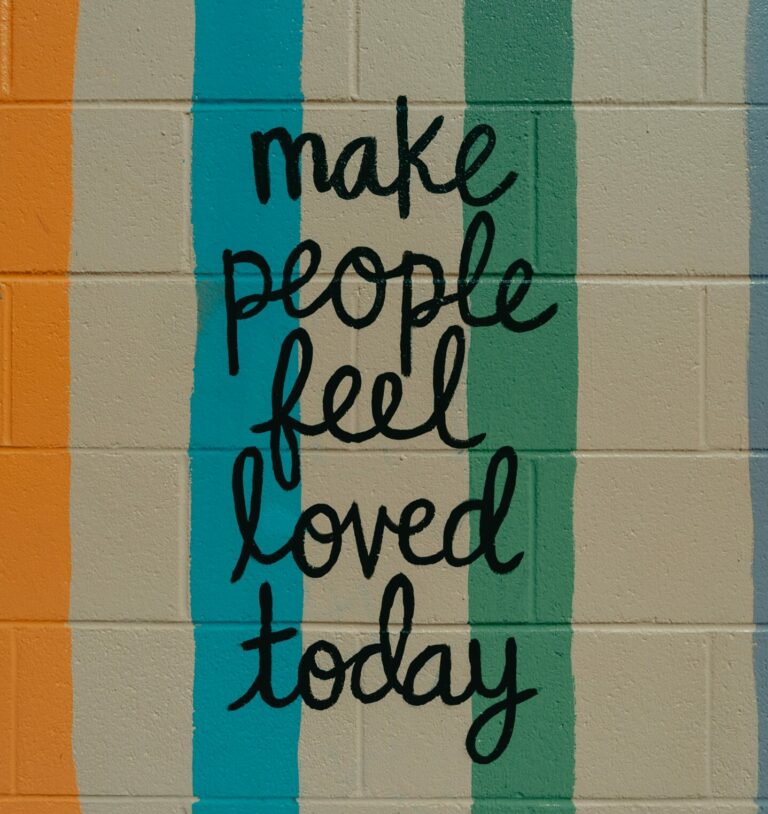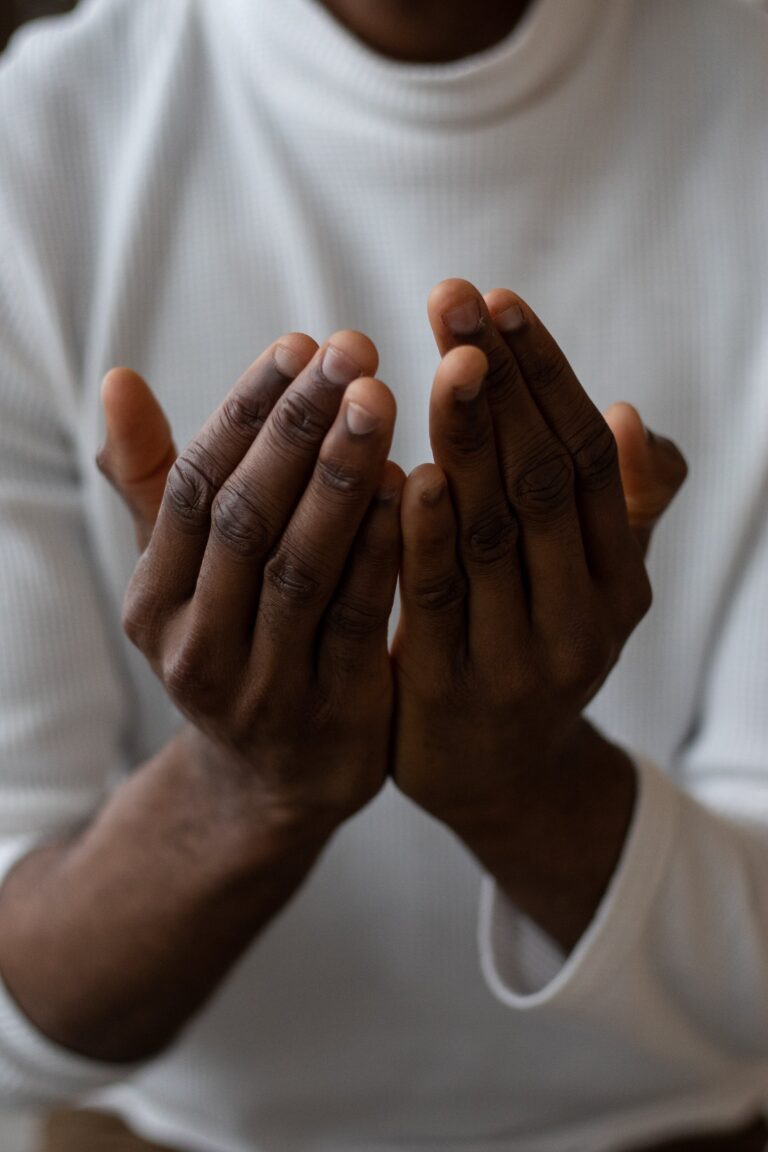When you have a sore throat or a 102-degree fever, you know that you are sick and need to stay home from work or school. Physical symptoms are our brain and body’s way of telling us that we need to rest and take a break. Illnesses and broken bones we can see, it is obvious to us and others that we may need to take some time off. What do you do when you do not have physical symptoms, others cannot see what is causing you to be unwell, or there are physical symptoms, but the cause is mental health disorder (e.g., anxiety or depression)? Right now, society tends to tell us to grin and bear it. We mask the emotions we are feeling so that we can get through the work or school day. It was not until recently that the idea of taking a mental health day became popularized, and even still it is stigmatized. We are going to explore what a mental health day is, how to tell if it is effective, and what to do when you decide if it is effective or not.
What is a mental health day?
We all know what a typical sick day looks like: we sit in bed, eat soft food (mostly soup), and use Sprite or ginger ale to calm our stomachs, sometimes we make a doctor’s appointment. A mental health day on the other hand, is a day off work or school that allows us to reduce stress, relax, reduce our mental load, or reduce the symptoms of various mental health disorders such as anxiety or depression. A mental health day is about taking the time to do what you need to in order to feel better about going back to work or school the next day. What you do on your mental health day will look different for each person, but it will always be about reducing the suffering that you are feeling mentally.
How to decide if taking a mental health day is effective?
We all know the physical symptoms to look for to tell us if we are sick. Many do not know what to look for to signal they need a mental health day, and that is partially because it can be different for each person. Typically, what to look at for is if your stress level is to a point where it is affecting your daily functioning. It can be that we are overwhelmed with everything that we have going on. It could be that you woke up and your depression or anxiety was too high for you to function at work without first implementing distress tolerance skills. Maybe you are starting to feel the symptoms of burnout (frustration, irritation, not wanting to go to work) and you want to prevent becoming fully burnt out.
Figuring out if taking a mental health day is effective can be difficult. First, you want to assess if the symptoms that you are experiencing will make it extremely difficult to complete your daily tasks. Ask yourself:
- Will I be distracted at work or school?
- Will I be able to complete all tasks to the best of my ability?
- Will I struggle to remain kind to others?
Once you have answered these questions you then you need to ask if you will add to your stress by taking a mental health day. Ask:
- Will I be put further behind in a way I am not okay with?
- Will I be missing something important (a staff meeting, an exam)?
Finally, you need to ask yourself if you are using the mental health day to avoid something, someone, or an emotion. This is a difficult question to answer but try to be honest with yourself. It is also important to note that using multiple mental health days in a row can be a signal that you are using it as an avoidance technique.
Based on your answers to these questions, you should have a better idea if it will be effective for you to take a mental health day.
If it is effective, how do I implement it?
You decided it is effective to take a mental health day from work or school, now what do you do? Simple answer: whatever you most need. Complicated answer: it is different for each person. Some people may need to take a day to stay in bed and relax, others may take the time off work to get caught up with personal tasks that have been causing them stress. It is important to do what is effective for the primary emotion that is causing the need for a mental health day. It may be helpful to be mindful of current emotions to help you find the function of the emotion.
Just like with different sicknesses, there are different treatments for the issues causing you to take a mental health day. Here is an example of how different it can be.
When my husband swore into the military and flew to basic training, I took that same day and the next day off work for a mental health day. I knew the primary emotion I was feeling was sadness, with anxiety being secondary. I knew that I would not be effective at work (where I had to appear friendly), but I also knew that it would not be effective for me to sit at home alone staying in bed. What did I do then? I planned activities with family and friends, we went to a hockey game, I sewed different projects, I was not left alone for the first 48 hours after he left. I knew that for my depression I needed the distress tolerance skills of distract with ACCEPTS until my emotion intensity was decrease and I could be mindful of my emotion and experience. Could I have gone into work and use that as a distraction, probably, but I knew that mentally I was unable to act friendly and happy, which is necessary in retail. I knew that with my friends and family I could do the activities and still express my emotions when needed.
Now compare that example to the next one and see the difference that was needed.

I woke up for work a few months ago and felt sad as soon as I woke. I slept for eight hours but it felt like I got two hours max. Just talking to my husband about basic daily questions brought me to the verge of crying. I also had the vulnerability factor that I had not seen my parents in five months (which is the longest I have gone without seeing them) I know that half of my job is talking to other people, so I began to question if it was effective to try and complete a full day’s work. I decided to take the day for myself, and I made it a self-care day. I got my favorite drink from Starbucks, my favorite food (at the time chicken salad), I filled the tub and put in my bath bomb and lit a candle. I allowed myself to take a long bath where I read a book and shelved the problems I was struggling with. I also gave myself the grace to be able to take a nap in the middle of the day and play a game I was wanting to set time aside for. I was then able to go back to work the next day recharged and goal oriented.
In both situations the mental health day was effective. In one of the situations, I preplanned the break and in the other I choose to take it that day. Both situations can happen. Both situations were vastly different in the solutions that were used to help recharge myself mentally, but they were both effective. Find what you need and what is effective for you and go from there, when it comes to planning your mental health day.
What can you do if it is not effective to take a mental health day?
You may decide that it is not effective to take a mental health day. What do you then do with these emotions that you are still experiencing? Again, this will be tailored to which skills work the most effectively for you, but here are some of the suggestions that I have:
- Make sure to schedule breaks effectively, make sure that you do not skip your lunch break that day. If you can split up your lunch break into two parts and put them a few hours apart.
- When you take these breaks allow yourself the time to use distress tolerance skills or a guided meditation or breathing technique to help ground you for the next part of your day.
- You can also bring an ice pack to work that day so that you can quickly do a 1-minute TIPP break in between meetings.
- Plan a reward for yourself after the work or school day is over so that it helps to keep your motivation up for the day.
- Finally make sure to use opposite action to help with dealing with your primary emotion. First identify what your emotion wants you to do and then fully invest yourself into the opposite of what it wants you to do.
If you want more help with skills like this, join our skills training groups or schedule with a therapist at CCDBT. We’d love to go more in-depth with this skill and many more like it!
About the Author
Samantha Ruwe (she/her), M.A., LPC is a Licensed Professional Counselor who specializes in dialectical behavior therapy. She works with teens and adults in a warm, compassionate, and non-judgmental manner to help clients build a life worth living. Samantha knows that therapy can be daunting to begin and is supportive of clients at all parts of their counseling journey. Click here to learn more about Samantha’s experience and therapeutic approach.

